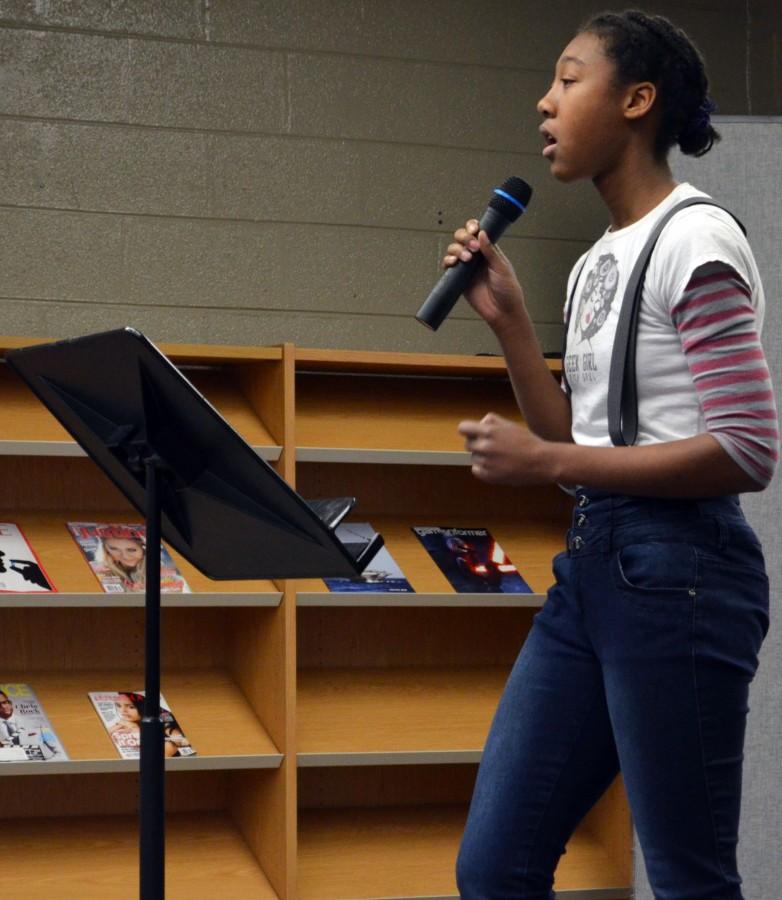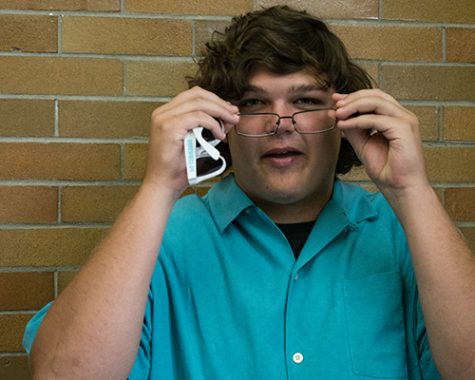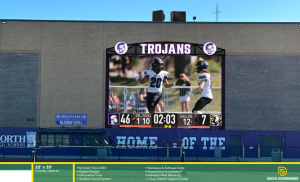Event features black poems new and old
March 24, 2016
Associate Principal Janice Schwarze’s goal was to create an event for DGN that would bring attention to African American authors both historical and contemporary.
Conveniently, she received an email from the National Council of Teachers of English, or NCTE, regarding a movement to highlight African American literature. NCTE wanted to use Black History Month to draw attention to African American authors both historical and contemporary. This fit exactly with what Schwarze wanted to do.
“I felt that it was important that all students’ voices be heard,” said Schwarze.
Schwarze did not plan the event without help. Using both students she knew and recommendations from other staff members, Schwarze ended up with 15 students involved with the planning process.
The students decided on the structure of the event and helped with publicity. Library Department Chair Aimee Uy helped select books to read from, and assisted throughout the planning period.
One issue was finding someone to run the event, introduce poem-readers, and keep the audience engaged. English teacher Brittni Mitchell contacted her friend Daniel Cochran, a third year Doctoral Student at Illinois State University, who agreed to be the host.
Cochran had never hosted an African-American Read In before, although he had performed a poetry show at DGN and other locations before.
The poem selection, although heavily populated by famous poets from the Civil Rights era, addressed topics ranging from slavery and segregation, to modern education and the roles which individuals play in society.
“It is important to have this event during Black History Month, because in everyday curriculum teachers aren’t required to read black authors. It’s nice to have a break from the norm,” Mitchell said.
Schwarze emphasized that the event was intended to celebrate the good in Black History Month. The goal was to show the importance of influential writers like Rosa Parks and Martin Luther King Jr., as well as contemporary artists.
Schwarze hopes to continue the African-American Read In next year with improvements able to be made in the future.
“We don’t feel that this is enough.. It is, at least, a start. However, we don’t want this to come off as a token gesture, because it’s more important than that,” Schwarze said.


























